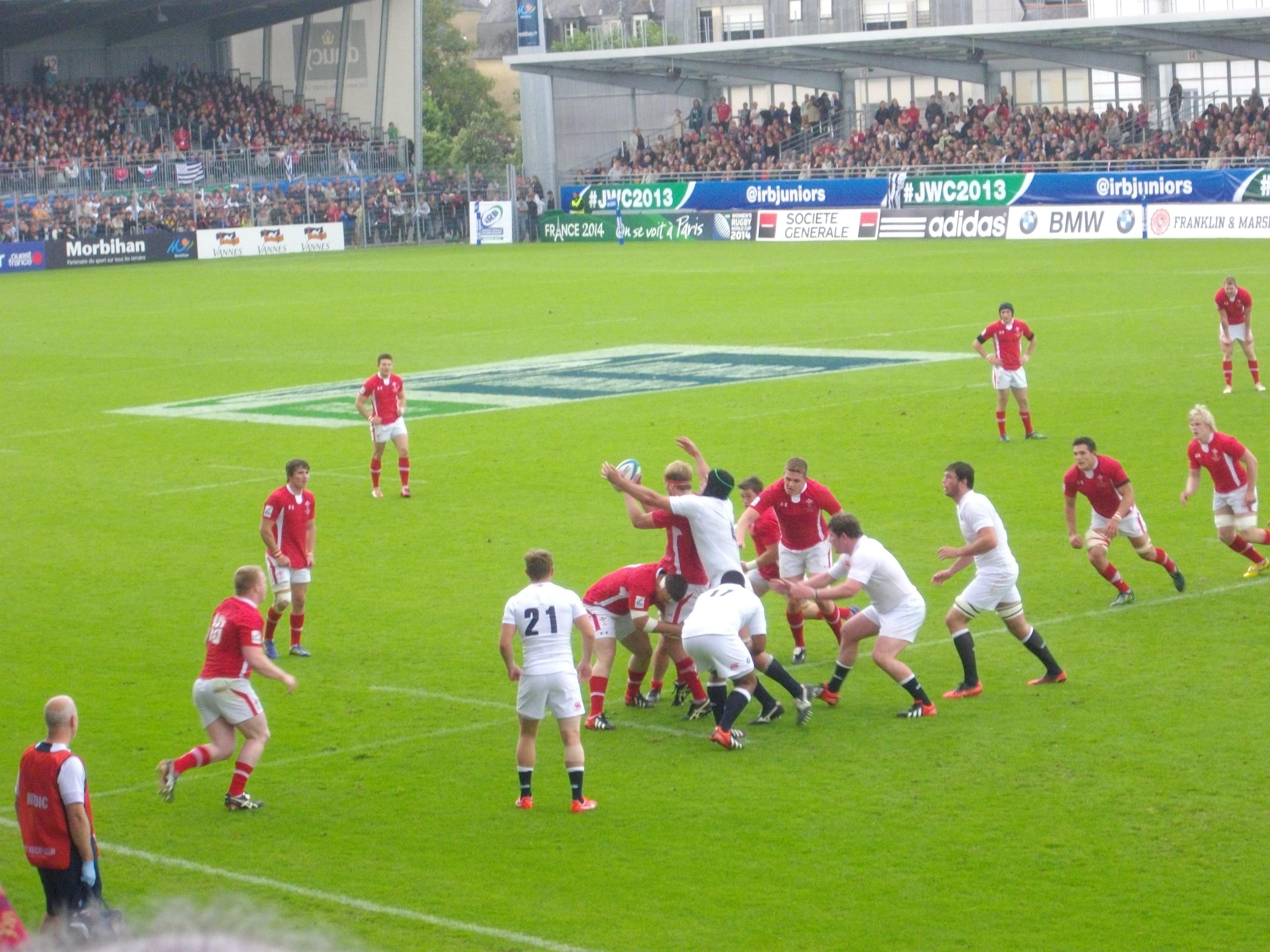The Beautiful Game: A Global Look at Football (Soccer)

Football, known as soccer in some parts of the world, is more than just a sport—it’s a global phenomenon. Played in streets, stadiums, parks, and beaches across continents, football has a unique power to unite people from different cultures, languages, and backgrounds. With over 250 million active players and billions of fans, it is the world’s most popular sport.
Origins and Evolution
The modern version of football traces its roots back to 19th-century England, although various forms of the game have been played for centuries in different civilizations—from the Chinese game of cuju to the Mesoamerican Tlatchtli. The establishment of standardized rules, such as those created by the English Football Association in 1863, laid the foundation for the game as we know it today.
The formation of FIFA (Fédération Internationale de Football Association) in 1904 marked a turning point, helping to organize international competition and spread the sport globally. Today, FIFA oversees the most-watched sporting event in the world—the FIFA World Cup, held every four years and featuring national teams from across the globe.
Why Football Captivates the World
The beauty of football lies in its simplicity. All you need is a ball and a bit of space. From dusty alleyways in Brazil to elite academies in Europe, the game is accessible to all. Its minimal requirements make it a sport of the people, often serving as a means of social mobility, especially in underprivileged communities.
Football also embodies intense drama. A single goal can change the outcome of a match. It’s a game where underdogs often upset giants, and moments of brilliance can become part of history. Players like Pelé, Diego Maradona, Zinedine Zidane, Cristiano Ronaldo, and Lionel Messi are not just athletes—they are global icons.
Club Football: The Heartbeat of the Sport
While international football garners massive attention, club football keeps the sport alive year-round. Legendary clubs like Real Madrid, Manchester United, FC Barcelona, Liverpool, and Bayern Munich have millions of followers. Domestic leagues, especially the English Premier League, La Liga, Serie A, and Bundesliga, attract viewership from around the world.
The UEFA Champions League is perhaps the most prestigious club competition, pitting the best teams in Europe against each other. It showcases top-level football and often delivers unforgettable moments of triumph, heartbreak, and genius.
Football's Social and Economic Impact
Beyond the pitch, football is a major economic driver. It creates millions of jobs, fuels tourism, and boosts local economies. It also plays a role in diplomacy, education, and social change. Initiatives like Football for Peace and Common Goal use the sport as a tool to address social issues, from gender inequality to youth empowerment.
Moreover, football has increasingly embraced technology. VAR (Video Assistant Referee), goal-line technology, and advanced analytics are reshaping how the game is played and officiated.
The Future of Football
As we move further into the 21st century, football continues to evolve. Women’s football is experiencing unprecedented growth, with tournaments like the FIFA Women’s World Cup breaking viewership records. Esports and digital platforms are expanding the game’s reach to younger audiences.
However, challenges remain—such as corruption, racism, and concerns over player welfare and environmental sustainability. The sport nouvelles must adapt and innovate to remain inclusive, ethical, and relevant.
Conclusion
Football is more than just 90 minutes of action—it’s a reflection of society, a canvas for emotion, and a language spoken around the world. Whether you're watching a World Cup final or kicking a ball in your backyard, you're participating in a shared human experience. That's why it’s called “the beautiful game.






